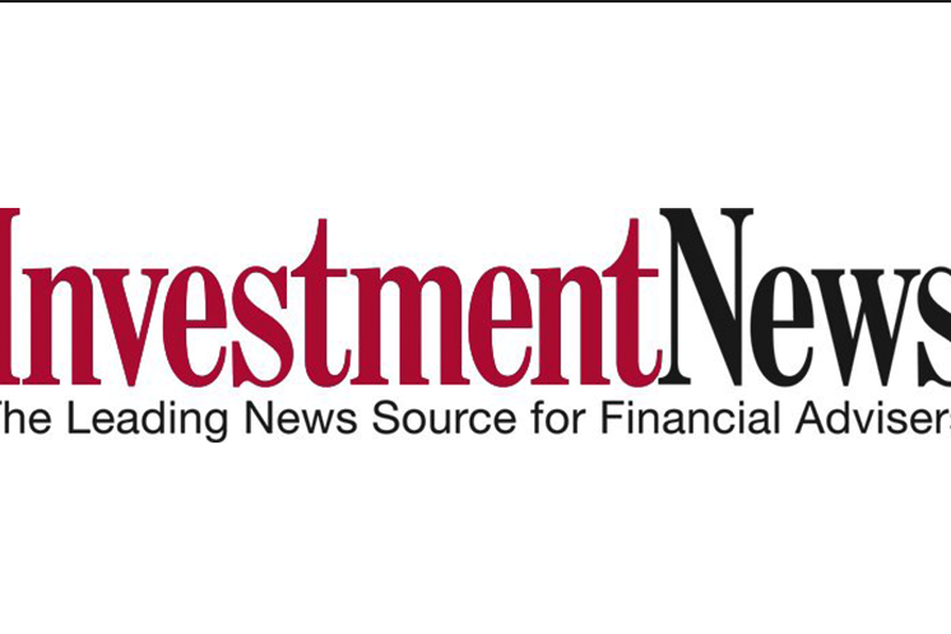Advisers betting heavily on Europe’s growth

The eurozone is finally starting to show signs of growth more than five years after the financial crisis, and financial advisers are betting that there is more good news to come.
Nearly three-quarters of advisers who responded to InvestmentNews‘ 2014 Investment Outlook survey rated international equities as the first- or second-best asset class for this year — topping U.S. equities, which 66.2% ranked as one of the top two asset classes for investors.
Not surprisingly, 59.1% of advisers participating in the survey said they plan to increase their allocation to international equities, the most of any asset class.
Melissa Joy, director of investments at the Center for Financial Planning Inc., began increasing her clients’ exposure to European and international stocks in November as part of their annual re-balancing.
“We’re looking all over the world right now because from a valuation perspective, it seems there might be more investment opportunities outside the U.S.,” she said. “Europe was at the top of our list.”
Ms. Joy’s clients are fully invested in Europe and international stocks after being underweight the past few years.
European stock funds had $2.8 billion in net inflows last year through the end of November, putting the funds on pace for their first year of more investments than withdrawals since the financial crisis, according to Morningstar Inc.
From 2008 to 2012, investors pulled out a net $9.6 billion.
STRONG INFLOWS
European equity funds had a record 25 straight weeks of inflows through Dec. 18, according to Bank of America Merrill Lynch Global Research. And the $4.5 billion that went into the funds for the one-week period ending Dec. 12 was the second-largest weekly inflow of the year.
The turning point came in the second quarter, when the eurozone notched its first quarter of gross domestic product growth since the third quarter of 2011.
“In the middle of 2013, we started to see real economic recovery,” said Dean Tenerelli, portfolio manager of the $1.3 billion T. Rowe Price European Stock Fund (PRESX). “Everything we can see is pointing to a recovery from the lows.”
Part of the reason for the increased interest in Europe is the fact that stocks in the United States have done so well relative to international stocks that allocations have likely gotten out of whack.
The S&P 500 Index was up 29.6% last year, while the MSCI Europe Index was up 19.5%.
“The long-term opportunity for big gains in the U.S. is very limited,” said David Kelly, chief market strategist at J.P. Morgan Asset Management. “Advisers need to make sure they’re not underweight Europe because of the run-up in U.S. stocks.”
European stocks also are trading at a discount to those in the U.S., when measured by price-earnings ratio, but that isn’t what is attracting some big investors.
“It’s not a valuation story,” said Stephen Freedman, co-head of investment strategy at UBS Wealth Management Research. “European stocks are cheaper than stocks in the U.S., but that’s been the case historically.”
Instead, it’s about the earnings growth potential of European companies, he said. On average, companies in the U.S. are earning 17% more per share than the peak in 2007, while European companies are earning 46% less than they were in 2007, according to UBS.
“Earnings are still way off the peak,” Mr. Freedman said. “With growth returning to positive and staying positive, it’s a scenario where we expect to see earnings start to grow again.”
UBS Wealth Management Research began allocating extra assets to Europe in its model portfolios at the end of October and increased them again in November.
Although Europe holds overseas allure for Ms. Joy, she is taking a somewhat cautious approach to investing there, and not going all-in on a Europe-specific fund. She decided to use a diversified international fund to get the exposure.
“After talking to some portfolio managers, we found you need to be more careful with Europe than you think,” Ms. Joy said.
The problems in Europe are indeed far from solved, even if they are getting better, said Jeremy Whitley, head of European equities at Aberdeen Asset Management.
“There’s still a lot of political instability in a number of countries, there’s still an enormous amount of unemployment, and ultimately, there are still loads of debt,” he said. “It’s the elephant in the room.”
Some of the issues around Europe’s sovereign debt, particularly in countries such as Greece, Italy and Spain, were alleviated by Mario Draghi, president of the European Central Bank. In a speech in London in mid-2012, he pledged to “do whatever it takes” to right the eurozone.
Still, the recovery is expected to be a long, slow process similar to what has occurred in the U.S.
“Europe’s been down so long, they don’t know what up is,” Mr. Kelly said.
Advisers don’t necessarily have to make a big allocation to European stocks to benefit from an improving Europe. Companies in the S&P 500 get about 40% of their earnings from outside the United States, so any improvement in those numbers will help domestic stocks too.
“Europe doing a little bit better will help the S&P 500’s earnings grow 5% to 6% next year,” said Scott Wren, senior equity strategist in Wells Fargo Advisors’ Advisory Services Group.
Learn more about reprints and licensing for this article.




